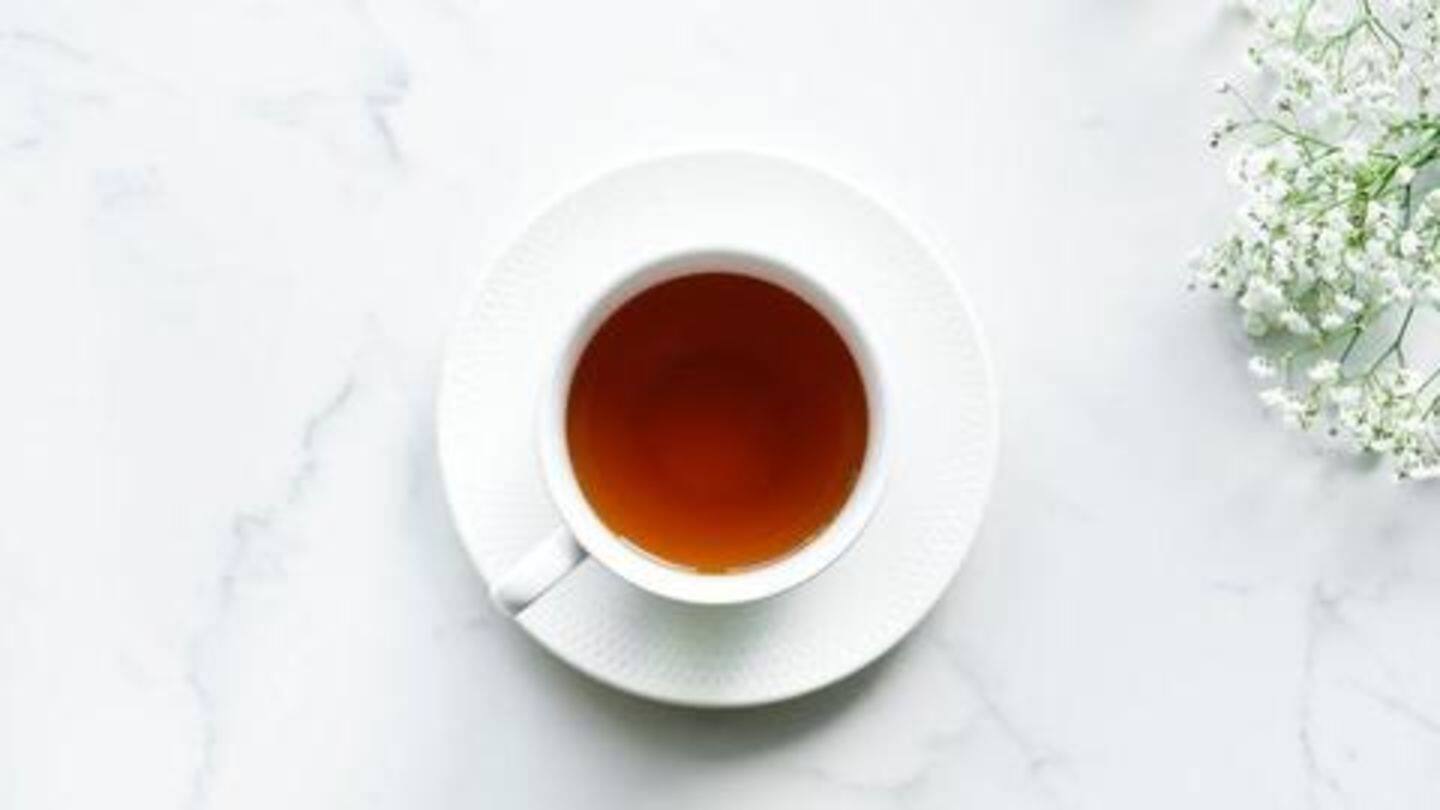
Five myths about tea, debunked!
What's the story
Tea is one of the most popular drinks around the world, in fact, the second most consumed, next only to the essential water. Also, it is loaded with many health-boosting benefits. However, with endless varieties and so many different ways tea is consumed, there are many doubts about its use. Here, we bust five common myths about tea.
#1
Myth: Tea is healthiest when nothing is added to it
It is often believed by tea drinkers that they must not use any flavors/additives in order to maintain the health value of their tea. But this isn't entirely true. For instance, the citric acid in lemon juice and orange juice can actually help preserve the flavonoids in your tea. And these flavonoids are the compounds responsible for many of tea's amazing health benefits.
#2
Myth: Adding milk makes your tea less healthy
Although some studies suggest that adding milk to tea might negate its health benefits, more recent research proves that it doesn't necessarily happen. In fact, according to a study published in the Journal of Agricultural and Food Chemistry, roughly the same amount of catechins (antioxidants known to reduce risk of some cancers) were obtained from milk-tinged tea, as from plain black tea.
Information
Myth #3: Herbal tea is the 'true' tea
This one is downright false. The actual, real tea comes from the plant Camellia sinensis (all true teas, viz. Black, green, oolong and white teas come from this plant), while the herbal varieties are made from flowers and bark of other plants.
#4
Myth: Tea doesn't go bad
It is tough to figure out the roots of this misconception. Truth is that most teas start losing their antioxidants after six months. A 2009 Journal of Food Science study showed that catechins in green tea decreased considerably overtime, in fact as much as by 32%. So make the most of your tea while it's still fresh. Store it in a dark, cool place.
Do you know?
Myth #5: Green tea is better
As mentioned before, all teas (greens, blacks, whites) come from the same plant, and have almost similar amounts of antioxidants and minerals. And therefore, all have their own set of health benefits. There is no competition.